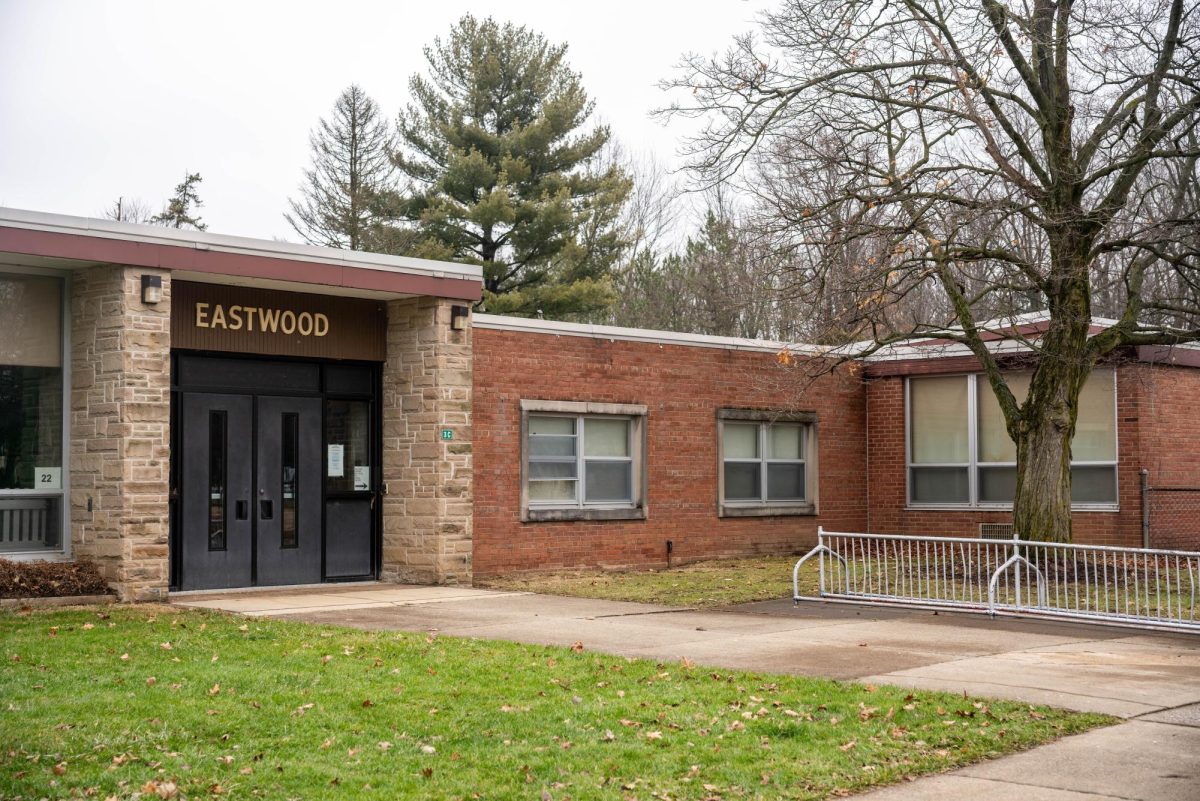Student Health Center to Double Number of Psychiatrists
April 10, 2015
Next year, the student health fee will rise from $200 to $230 in order to hire more psychiatrists in the Student Health Center. The health fee, which was introduced in the 2013–2014 year, pays for the counselors and psychiatrists at the Health Center, who visit a couple of times a week to give free appointments to students.
According to Dean Eric Estes, who discussed the fee hike with Student Senate about a month ago, the additional $30 will increase the number of psychiatrists from two to four or five next year and increase the number of available student appointments by 50 percent.
Student Senator, Chair of the Student Health Working Group and double-degree sophomore Jeremy Poe believes this cost change will help reduce the long wait times for psychiatric meetings.
“My understanding is this $30 increase is in line with something we’ve been hearing from students for quite a while: asking for more frequent psychiatrist and counselor meetings,” Poe said. “In scheduling a psychiatric appointment, you’re looking at a three to four week wait. So what’s great about this is it really functions to collectively better campus with only a modest increase.”
Poe said that even though some administrators claim students will always get appointments made the same or the next day, reconciling student schedules with the psychiatrists’ visits makes the process much more complicated.
For College sophomore Benjamin Biffis, part of the issue with arranging times to use the Health Center is simply its location and small number of open hours.
“For one thing, they’re located in a very inconvenient location — quite a trek, especially when you are really sick,” Biffis said. “Also, they have such limited hours, … which makes it extremely hard to seek care when you need it most.”
The College has tried to improve the accessibility of the Health Center by providing a 24/7 phone line to talk with a professional counselor, but many students still complain that the Health Center is far away from central campus.
As of now, Oberlin’s health fee is significantly lower than that of some liberal arts colleges such as Kenyon College, which charges $1,620. However, part of Kenyon’s fee may be going toward uses other than health care.
“My concern was, if we’re going to have a health fee, it should either go into financial aid, so the health fee doesn’t burden students with financial aid, or the money should go into more resources for students’ health needs,” Estes said.
According to Estes, the increased cost was already factored into the total costs for students with financial aid, so those who can’t afford it won’t have to pay more.
Poe said that even though having more psychiatrists will help reduce the wait time, it’s also important for the College to make sure it betters the preparedness of the physicians and accommodates a wide range of students.
“I’d say we can always be looking to improve the staff both through hiring new people and having student input and also having professional development programs for staff,” Poe said. “A lot of the concerns we hear in Student Health Working Group are that staff members aren’t equipped to deal with either low-income or non-gender-binary students, so I think we should always be looking to better serve students.”
Dean Estes added that, aside from the health fee, the College’s health insurance plan will increase next year from $1,023 to $1,075. Next year, the College will provide insurance for students who need gender affirming medical coverage. Additionally, he believes that by having a wider range of psychiatrists, it will increase the likelihood that students will find a doctor with whom they feel comfortable.

















